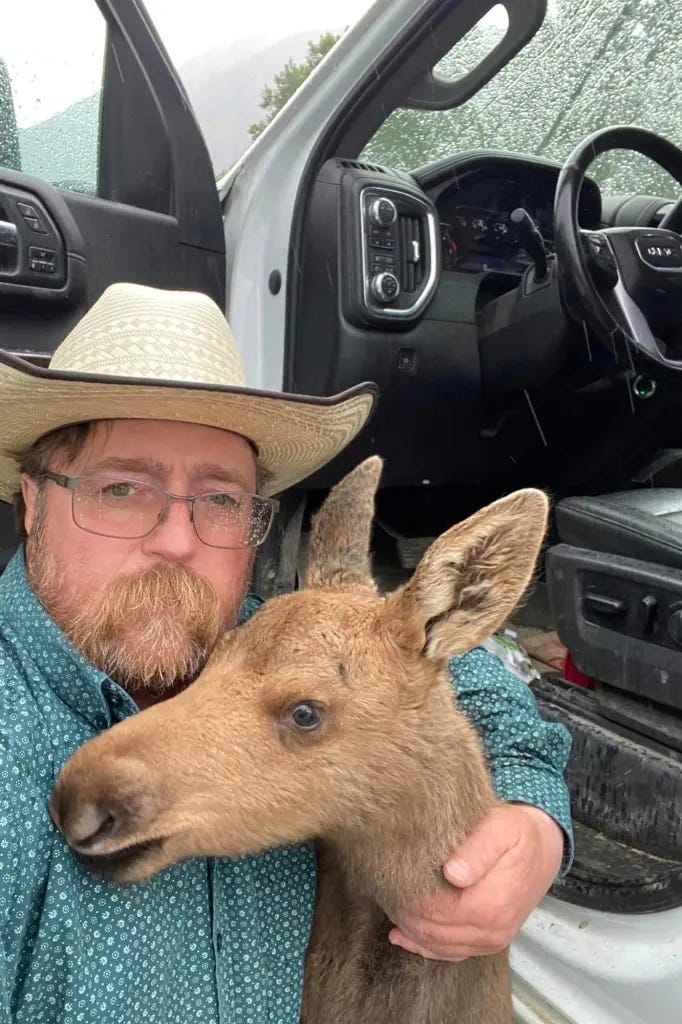China causes “the suffering of billions of animals of many species.”
News and headlines for July 15 - July 21, 2023

These are some of the stories making headlines in animal protection:
The lead development economist for the World Bank says a new “index” proposed by the World Bank that measures welfare, poverty, and inequality to gauge progress in reducing suffering and promoting well-being has a significant shortcoming: it is “concerned only with the wellbeing of humans.”
To the extent that animals are considered, it is only as it relates to their impact on humans, such as the “climate externality of beef,” “health externalities of red meat,” and “zoonotic disease outbreaks.” He argues that “It is increasingly discordant for policies to consider animals as commodities in the pursuit of development for humans” and argues that,
If the goal is a better future with reduced suffering and for everyone to reach their potential and live good lives, shouldn’t we also include the wellbeing of non-human animals… when we consider development policy?
Yes, yes, a thousand times yes.
He’s looking for other development economists to help create a welfare index that does so.
As previously reported, a brown bear sentenced to death for killing a jogger in Trento, Italy, who came near her cubs, was spared after a court suspended the order to put her down pending review by an appellate court. The bear was trapped along with her cubs, but as they were self-sufficient, they were subsequently released. The jogger’s family and Trento officials want the bear killed, but a coalition of animal rights groups opposes them.
An appeals court recently ruled that “while the bear should be kept in captivity for public safety, the cull order was ‘disproportionate’ and unnecessary.” In December, they will consider the Coalition’s request to send the bear to a sanctuary, paid for by the animal rights groups.
“The Rome judges also saved another bear, MJ5, which has yet to be captured and was also facing a cull order after injuring a man in March.”
As more people turn to rescue and adoption and more shelters embrace progressive policies, the number of communities placing over 95% and as high as 99% of the animals is increasing.




